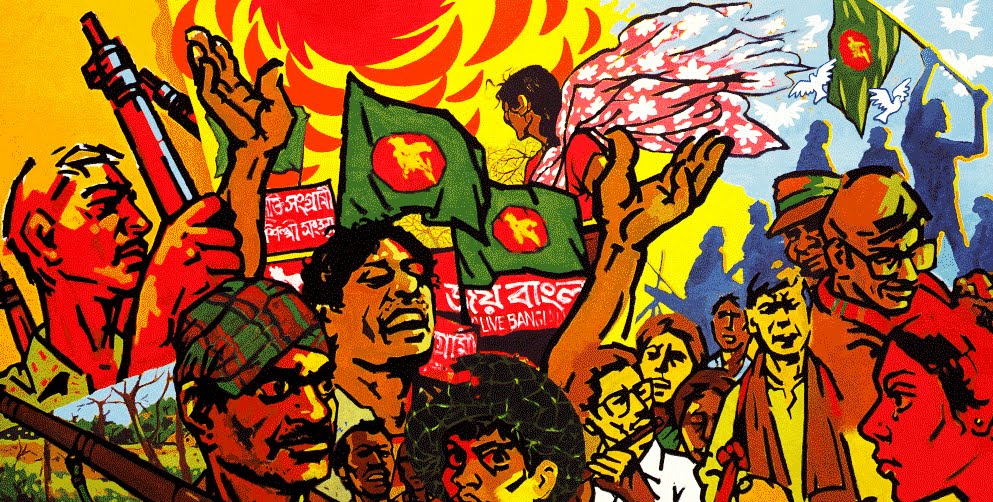PAKISTAN EXPORT oriented textile industry are relocating their business to Bangladesh for a slice of preferential trade agreements with United States and European Union as poor country.
Pakistan Textile Minister Makhdoom Shahabuddin on Tuesday confirmed that the textile industry in Pakistan is gradually shifting to Bangladesh to seek more profit, while the industry leaders argue that there relocation was because of electricity and gas outages prevailing in Pakistan.
Bangladesh authority has given the Pakistan textile producers special area in export processing zones to enable to establish their business. Energy starved Bangladesh is also making all efforts to improve augmentation of power and gas supplies for its crucial export industries.
The industries located in the textile hub of southern Punjab in Pakistan had effected the jobs of 60,000 workers and nearly 200,000 families of indirect employments. The authorities nor the industry owners have any plan to compensate the job loss.
Shahabuddin, a senior politician of the ruling Pakistan Peoples Party said that Bangladesh textile receives special privileges from E.U. and U.S. Both E.U. and U.S. are major market destination for textile companies. To increase their market share, the industry is shifting to Bangladesh, he said.
According to the minister, more than 40% of the textile industry and around 200,000 power looms have been shifted to Bangladesh in the last five years, causing employment problems.
Defending the electricity crisis, the senior politician said that it is not the only problem in Pakistan, other Asian countries are also facing this predicament. He claimed that electricity shortage would be minimized soon and power tariffs would be brought down according to the demand in the country, to encourage investment climate in Pakistan.
Saleem Samad, an Ashoka Fellow is an award winning investigative journalist based in Bangladesh. He specializes on Islamic terrorism, forced migration, good governance and elective democracy. He has recently returned from exile from Canada after return of democracy. He could be reached at saleemsamad@hotmail.com















